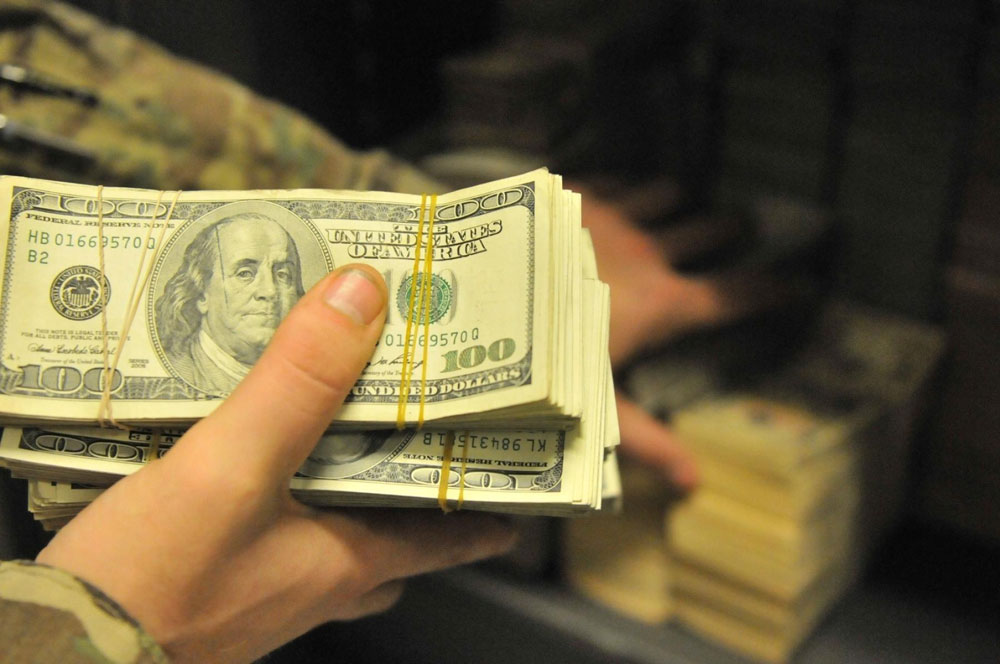
January 23, 2020; New York Times
Cold, hard cash: many businesses don’t want it. At least, they don’t want the physical currency. According to some recent reporting by the Wall Street Journal and others, an increasing number of retailers no longer accept payments in cash.
But if New York city councilman Ritchie Torres has anything to say about it, they’ll have to change their ways. Councilman Torres sponsored a bill, which was approved on Thursday, prohibiting stores from turning away customers with cash.
“I refuse to patronize businesses that reject cash payments, even though I primarily use debit or credit,” he said. “It’s humiliating.”
Torres is referring to the way credit-only businesses exclude those who are unbanked or underbanked. According the Federal Deposit Insurance Corporation, eight percent of New Yorkers don’t have a bank account. Among people of color, it’s twice that high; among people without a high school diploma or with incomes under $15,000, as many as 30 percent of residents lack a bank account. The Department of Consumer Affairs had a slightly different figure, stating that last year one in nine New York households (11 percent) did not have a bank account.
Sign up for our free newsletters
Subscribe to NPQ's newsletters to have our top stories delivered directly to your inbox.
By signing up, you agree to our privacy policy and terms of use, and to receive messages from NPQ and our partners.
People who don’t have a checking or savings account are referred to as “unbanked,” and are turned away at credit-only businesses even though they may have the means to pay—that’s the humiliation to which Torres refers. Access to economic participation is one reason to prevent businesses from rejecting cash.
Another is privacy concerns. Credit or debit card payments are easier for store systems to track, which is why they’re becoming preferred. However, many customers may not want their transaction data on record. According to CNBC, hackers accessed nearly eight billion consumer records in 2019, including 100 million records at Capital One. Considering the recent failure of New York’s algorithmic task force to get a grip on how and where the city uses electronic decision-making, citizens may be wary of freely providing their data.
Torres is focusing mainly on the exclusion of unbanked persons in advocating for his bill. “On the surface,” he said, “cashlessness seems benign, but when you reflect on it, the insidious racism that underlies a cashless business model becomes clear.”
The bill has not yet been signed by Mayor Bill de Blasio, though it passed by the overwhelming margin of 43–3. One of the dissenting Council members described the bill as “overreaching,” and some businesses have complained that going cashless has made things easier for them in terms of tracking revenue and speeding up service.
Massachusetts was the first state to require businesses to accept cash and credit, which it has done since 1978. Philadelphia, New Jersey, and San Francisco passed cashless bans last year; other cities are reportedly considering similar bills, to help all residents participate fully in the economy.—Erin Rubin













